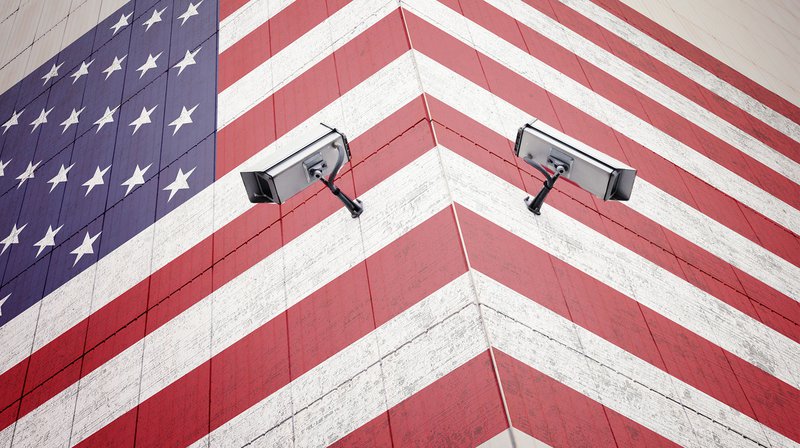U.S. Bill Requiring Travelers to Declare Digital Currencies Resurfaces

The United States Senate has introduced a bill that would require all travelers entering the U.S. to declare digital currency holdings in excess of $10,000. Despite concerns raised by the invasive nature of the bill, the likelihood of it being passed is extremely low simply due to the incredibly challenging infrastructure that would be required.
In fact, the new bill is actually a reintroduction of an older bill that was originally introduced in 2011. The 2011 bill never made it out of sub-committee deliberation.
Speaking about the recent legislation development, David Siegel, founder of Twenty Thirty AG and Bitcoin enthusiast, tells Bitcoin Magazine, “It’s disappointing. It’s a step back toward 1934.”
The bill would require the Secretary of Homeland Secretary and the U.S. Customs and Border Protection Commissioner to submit a joint report to Congress withinthat meets the following two conditions over 18 months after the date of enactment of this Act:
“(1) detailing a strategy to interdict and detect prepaid access devices, digital currencies, or other similar instruments, at border crossings and other ports of entry for the United States; and;
(2) that includes an assessment of infrastructure needed to carry out the strategy …”
The amount of technology that would have to be developed in order to enforce this law is incredible. How could they detect these crypto assets? The infrastructure investment that would be needed would be quite prodigious.
“My position on regulation is that there should be strong evidence supporting its effectiveness,” says Siegel. “I don’t see declaring moving money as a transparency issue, so I would say it’s a strong step in the wrong direction. I think regulation should be scaled way back to the point where we can show it’s actually better than no regulation.”
The bill, S.1241, would add “prepaid access devices” under the definition of U.S. monetary instruments in section 5312, title 31, of the U.S. Code. Specifically, a “‘prepaid access device’ means an electronic device or vehicle, such as a card, plate, code, number, electronic serial number, mobile identification number, personal identification number, or other instrument, that provides a portal to funds or the value of funds that have been paid in advance and can be retrievable and transferable at some point in the future.”
These prepaid access devices, in theory, could extend to include electronic ledgers, cryptocurrency wallets and even private keys. These are all portals where individuals can gain access to their private funds. Thus, individuals with more than $10,000 worth of crypto assets tied up on the blockchain would have to declare their crypto net worth to the U.S. Government by filling out a Report of International Transportation of Currency or Monetary Instruments, often called the FinCEN105. This could have a serious impact on digital currency holders traveling to the United States. Punishment for not reporting could include up to five years of jail time and forfeiture of those funds in the form of criminal and civilian penalties.
Formally known as the “Combating Money Laundering, Terrorist Financing, and Counterfeiting Act of 2017,” the bill was introduced on May 25, 2017, by Senator Chuck Grassley (R-IA) and is co-sponsored by Senators Dianne Feinstein (D-CA), John Cornyn (R-TX) and Sheldon Whitehouse (D-RI). It has been referred to the Committee on the Judiciary for further deliberation, but has a tremendous number of obstacles that must be overcome before reaching the President’s desk for final approval.
The post U.S. Bill Requiring Travelers to Declare Digital Currencies Resurfaces appeared first on Bitcoin Magazine.


